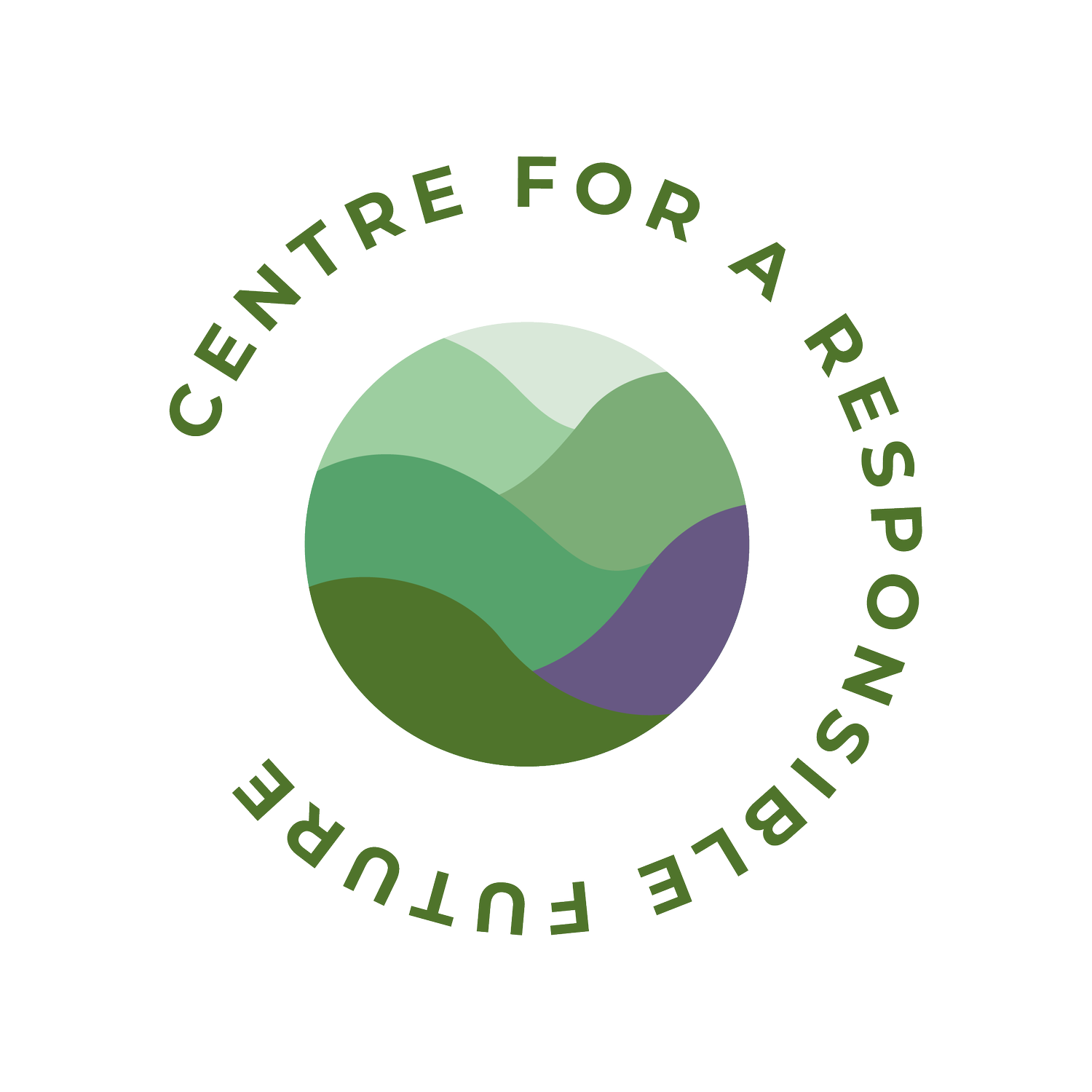
FOR OUR PLANET
A commonly cited reason for shifting to a plant based diet is to help the environment - the diet we choose affects environmental and social factors such as carbon emissions, water, biodiversity and social resource efficiency.
Carbon Emissions
Reduce greenhouse and livestock gas emissions
Reduce nitrous oxide which is a greenhouse gas 300 times more potent than CO2 in its warming effect. 57% of global greenhouse gas emissions from food production come from meat and dairy products. Beef contributes the most global greenhouse gas emissions, according to studies. Just 29% of food-related global greenhouse gas emissions come from plant-based foods.
To save energy
Reduce nitrous oxide which is a greenhouse gas 300 times more potent than CO2 in its warming effect. 57% of global greenhouse gas emissions from food production come from meat and dairy products. Beef contributes the most global greenhouse gas emissions, according to studies. Just 29% of food-related global greenhouse gas emissions come from plant-based foods.

Water
Reduce greenhouse and livestock gas emissions
Agricultural production as a whole accounts for 93% of the world’s water supply, with meat and dairy production being the biggest culprits
The average water footprint per calorie for beef is 20 times that of grain. Here is a summary of how much water it typically takes to make 1kg of various produce:
Beef takes an average of 15,415 litres of water
Sheep or goat meat takes an average of 9,000 litres of water
Pork takes an average 6,000 litres of water
Chicken takes an average 4,300 litres of water
Lentils takes an average 5,874 litres of water
Rice takes an average 2,500 litres of water
Soya takes an average 2,100 litres of water
Wheat takes an average 1500 litres of water
Quinoa takes an average 500 litres of water
Potatoes takes an average 287 litres of water
Social Resource Efficiency
Reducing world hunger
We can feed more people with crops which are used to feed animals : Over 10 pounds of plant protein is used to produce one pound of beef protein.
Plant based diets using present agricultural land and practices could easily feed double the world population and still free up huge tracts of land and water to return to nature

Biodiversity
Reducing the usage of land to make food.
Agriculture occupies 40% of Earth’s ice-free landmass. If everyone moved to a plant-based diet we would reduce global land use for farming by 75%. This large reduction of agricultural land use would be possible thanks to a reduction in land used for grazing and a smaller need for land to grow crops
Stabilising the oceans - 1 graphic
Currently our oceans are being overfished and gradually emptied of life. Approximately 60 percent of the oxygen we breathe comes from the sea, so oceans are crucial for humanity. The fishing industry is also responsible for contaminating oceans with plastic (old nets and fishing gear is left in the water)
To preserve habitats and species
During deforestation not only are trees are cut down but thousands species of animals
